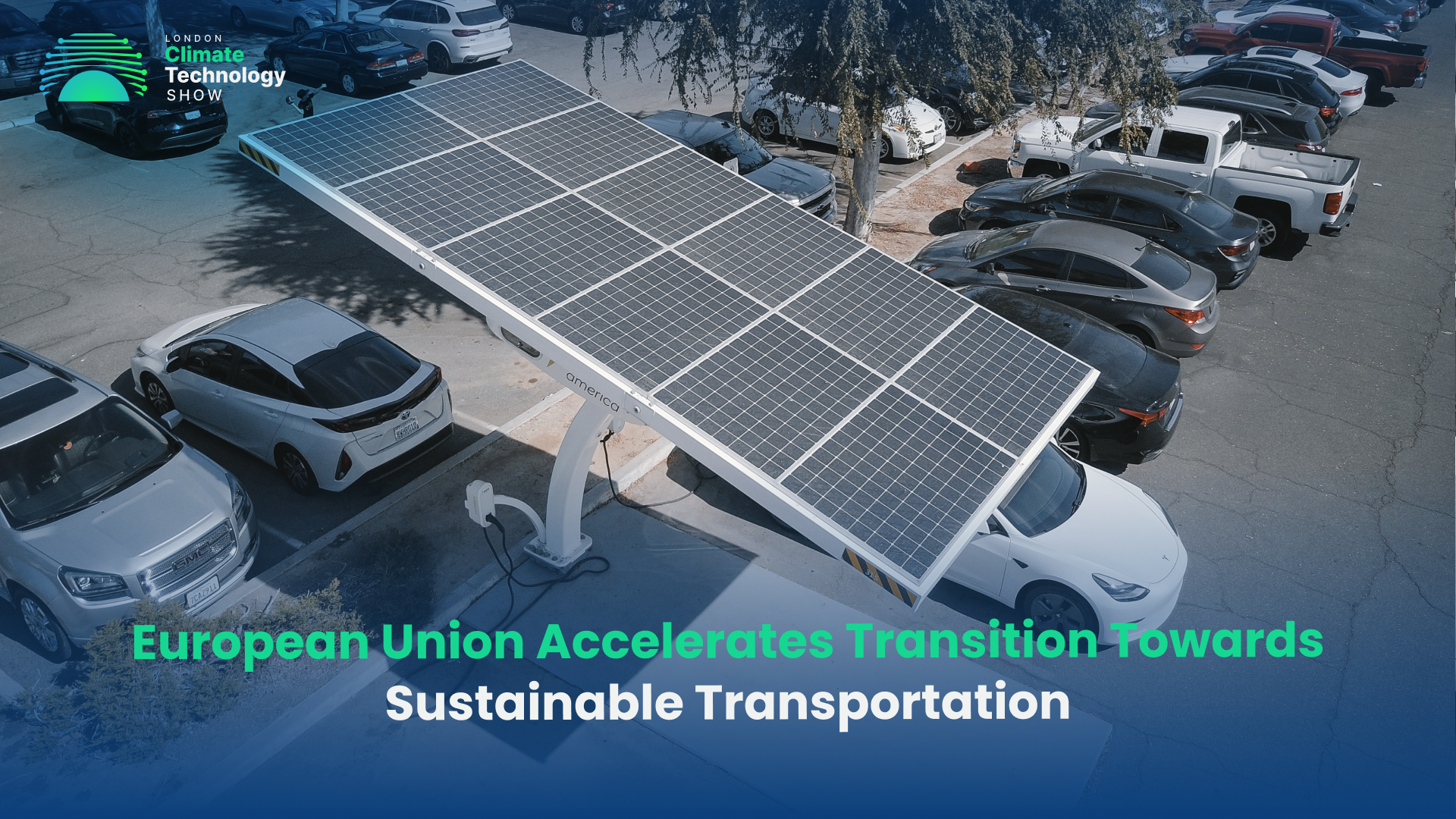Brussels, February 14, 2023: The European Parliament has passed a major law that will effectively ban the sale of new petrol and diesel cars in the European Union (EU) from 2035. This move is aimed at accelerating the shift towards electric vehicles (EVs) and fighting climate change. The new legislation lays out the steps necessary to achieve net zero from both light commercial vehicles and passenger cars by 2035.
The EU has set a target of reaching “Climate Neutrality” by 2050 and this law will play a significant role in achieving the goals. The new ruling will require car manufacturers to achieve a 100% reduction in CO2 emissions from new cars sold by 2035. This will make it impossible for fossil fuel-powered cars to be sold in the 27-country bloc. The law also sets a target of a 55% cut in CO2 emissions from new cars sold until 2030, compared to 2021 levels, which is significantly higher than the existing target of 37.5%.
According to the "Fit for 55 - CO2 emission standards for cars and vans", a report published by the lead negotiator for the European Parliament, Jan Huitema on 14 July 2021, the operating costs associated with electric vehicles are presently lower than those of internal combustion engine vehicles. The report further emphasises on the pressing need to enhance the affordability of electric vehicles for consumers to promote their wider adoption. This report also highlights the importance of making electric vehicles more accessible to the masses as a sustainable and economically efficient mode of transportation.
Many car manufacturers in Europe have already announced investments in electrification, and this move by the EU is expected to accelerate this transition. The shift towards electric vehicles is essential to meet carbon reduction targets, and this law will help to make that happen.
Nevertheless, This legislation shows the commitment of the EU towards zero emission goals. Although many environmental groups have welcomed the move, with organisations like Greenpeace International calling it a "historic victory" in the fight against climate change. However, some industry groups such as Renault have expressed concerns that the transition to EVs may be too fast, and that it could harm jobs in the automotive sector.


